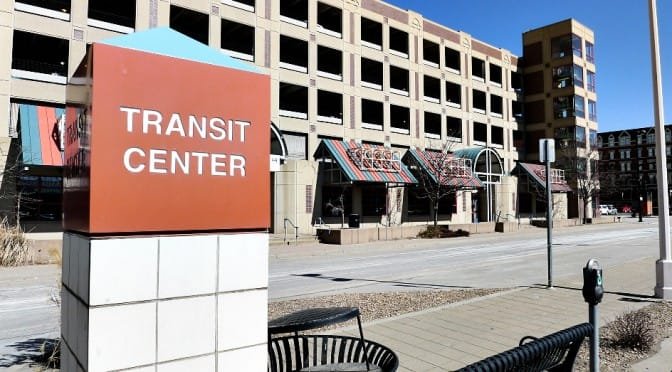Tag: Free markets
-

In Kansas, the Blob is worked up
In Kansas, we’re seeing the Blob at full activation, vigorously protecting its interests against school reforms.
-
Recommended reading: Foundations of a Free Society
Described as “An introduction to the core principles that define a free society,” I highly recommend this short book.
-
Harry Reid takes money from companies under investigation for bribery law violations
Senate Majority Leader Harry Reid, D-Nev., has received campaign contributions from people and political action committees linked to multiple companies suspected of violating the Foreign Corrupt Practices Act.
-

Special interests defend wind subsidies at taxpayer cost
The spurious arguments made in support of the wind production tax credit shows just how difficult it is to replace cronyism with economic freedom.
-

Special interests struggle to keep special tax treatment
When a legislature is willing to grant special tax treatment, it sets up a battle to keep — or obtain — that status.
-

WichitaLiberty.TV: Government planning, taxes, and carbon
The City of Wichita held a workshop where the Community Investments Plan Steering Committee delivered a progress report to the city council. The document holds some facts that ought to make Wichitans think, and think hard. Then: What is the purpose of high tax rates on high income earners? Finally: Advances in producing oil and…
-
Corporate cronyism harms America
When businesses feed at the federal trough, they threaten public support for business and free markets, explains Charles G. Koch.
-

As landlord, Wichita has a few issues
Commercial retail space owned by the City of Wichita in a desirable downtown location was built to be rented. But most is vacant, and maintenance issues go unresolved.
-
In Wichita, citizens want more transparency in city government
In a videographed meeting that is part of a comprehensive planning process, Wichitans openly question the process, repeatedly asking for an end to cronyism and secrecy at city hall.
-
Voice for Liberty Radio: David Boaz of Cato Institute
In this episode of WichitaLiberty Radio: David Boaz spoke at the annual Kansas Policy Institute Dinner.
-
Voice for Liberty Radio: Private enterprise and markets
Mary Beth Jarvis delivered the keynote address of the Kansas Republican Party Convention for 2014. She spoke on the topics of private enterprise and the profit and loss system.